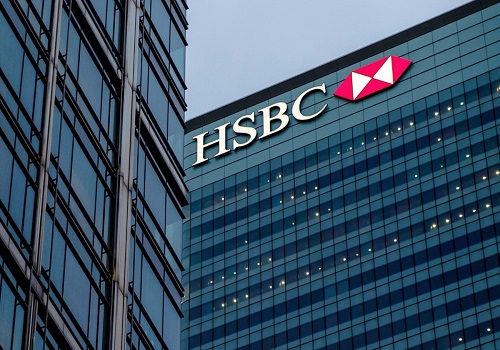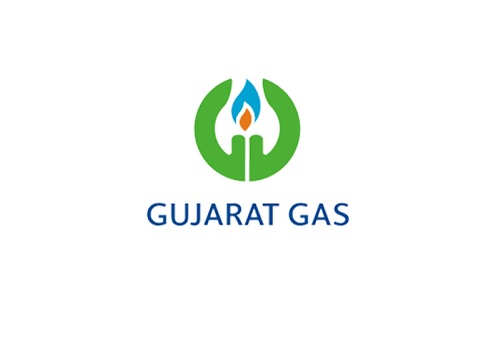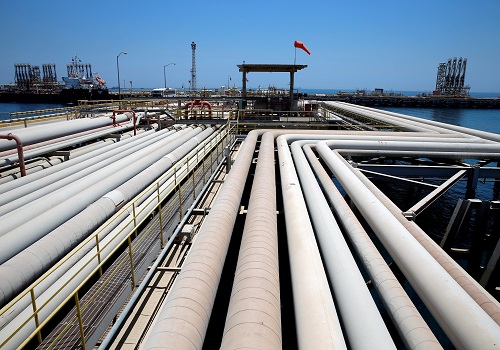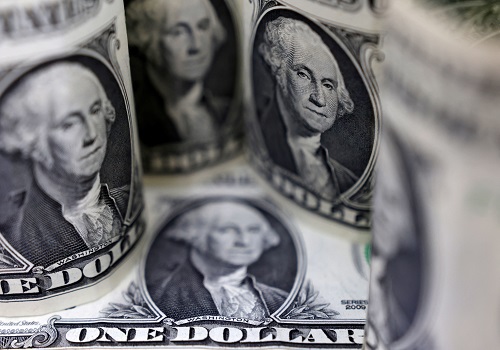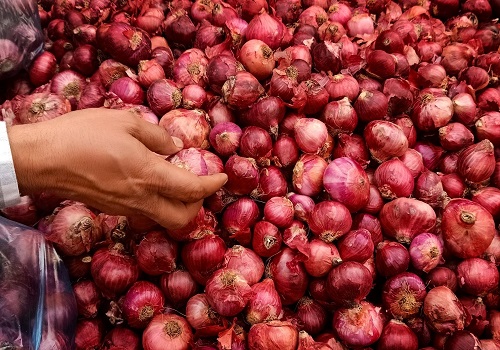Fundamentals for crude oil weaken, witness 1st surplus since June 2020: Goldman Sachs

Follow us Now on Telegram ! Get daily 10 - 12 important updates on Business, Finance and Investment. Join our Telegram Channel
Fundamentals for crude oil weakened in April-May with modest declines in the Russian exports, record large sales by Strategic Petroleum Reserve and severe Chinese lockdowns bringing the oil market to its first surplus since June 2020, said multinational investment and financial services firm Goldman Sachs in a report.
The surplus, which the report termed as "politically created surplus", is already ending, driven by the ongoing recovery in the Chinese demand.
"Chinese demand is recovering, yet we remain conservative on its further normalisation. The government's push for achieving robust growth this year, therefore leaves risk to our downgraded Chinese demand expectation as skewed to the upside," the report said.
Going forward, it downgrades China's demand expectations by 0.2-0.4 million barrels per day in the second half of 2022-23.
"Given our already cautious demand expectations for China at the beginning of this year, this reflects the view that rolling lockdowns will remain a headwind to mobility (in the country) this year."
Meanwhile, Russian crude oil production is expected to fall by a 0.5 million barrel per day following the European ban, the report said.
"Oil's structural deficit therefore remains unresolved, with in fact an even tighter oil market through April than we had expected. Supply remains inelastic to higher prices with core-OPEC (higher) and exempt countries (lower) production shifts broadly offsetting."
On the demand side, the report said that the negative global growth impulse remains insufficient to rebalance inventories at the current prices.
While updating the supply and demand expectations, the report now forecasts that Brent prices will need to average $135 per barrel in the second half of 2022 and first half 2023 for inventories to finally normalise by late 2023.
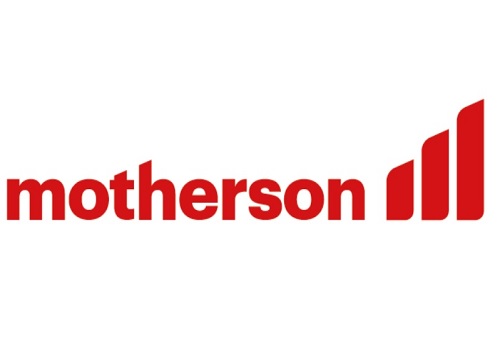

.jpg)



